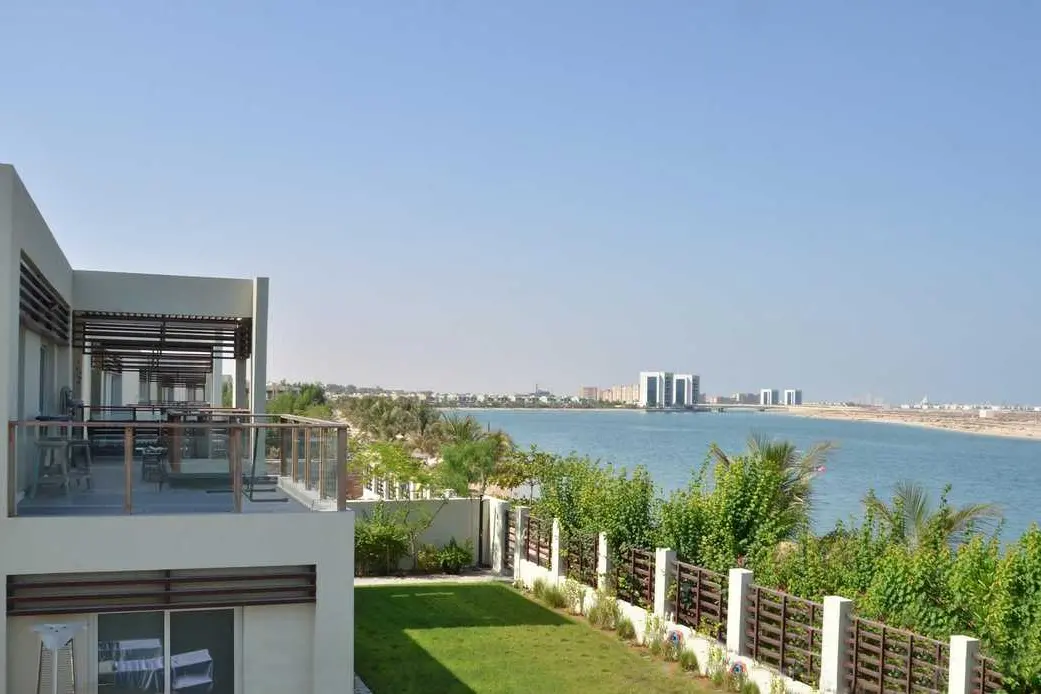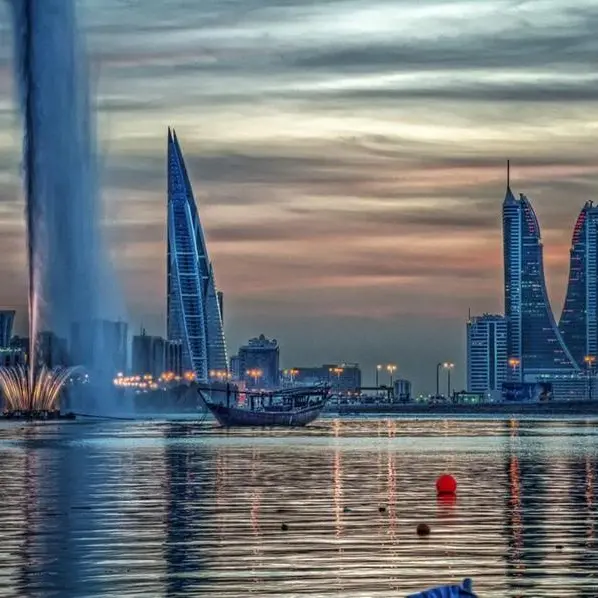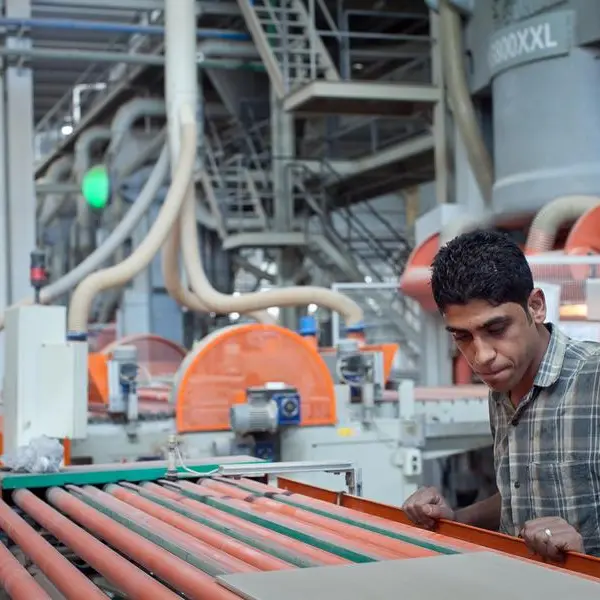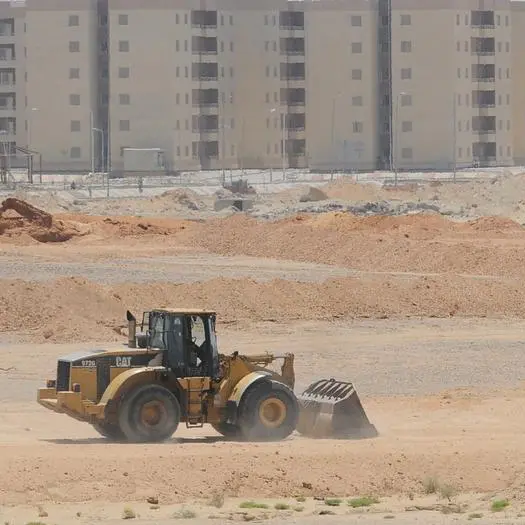PHOTO
The emirate of Ras Al Khaimah (RAK) in the United Arab Emirates (UAE) has charted a distinct and innovative roadmap for the implementation of green building regulations in the emirate as part of its broader sustainability goals.
Green building regulations seek to improve the performance of buildings by reducing the consumption of energy, water and materials and promote sustainable urban development.
RAK Municipality Director General Munther Mohammed bin Shaker told Thomson Reuters Projects that green buildings will account for the largest share of water and energy saving targets set out in the RAK Energy Efficiency and Renewable Energy Strategy 2040.
The 2040 strategy aims to achieve 30 percent energy savings, 20 percent water savings and 20 percent of generation from renewable energy sources over the next two decades through nine programmes.
“The green building regulations, also called Barjeel, is the most important programme, contributing the largest share of energy and water savings to the strategy overall,” he said.
He didn’t elaborate on the percentage of savings targeted from the green buildings but Barjeel will target at least 2,000 new green buildings every year, RAK Municipality had noted in a recent infograph.
Other programmes under the 2040 strategy include Building Retrofits, Energy Management, Efficient Appliances, Efficient Street Lighting, Water Reuse and Efficient Irrigation, Solar Programs, Energy from Waste, and Efficient Vehicles.
Large-scale roll out
Shaker said the municipality studied established green building codes in the region, and extensively consulted stakeholders and experts from the government, academia, and private sector across the region for developing Barjeel.
He continued: “We aimed to develop a simple and practical regulation, adapted to the size and maturity of the real estate market in RAK. We achieved this by focusing on key energy and water efficiency measures with a strong economic rationale, while minimising requirements in other areas.”
The municipality also compared the costs and benefits of each Barjeel requirement to develop a business case for each building type and for the RAK economy as a whole.
“The benefits were estimated through an extensive energy modelling exercise in collaboration with a third-party consultancy while the average costs were derived through a market research of local suppliers,” said Shaker.
Barjeel, he explained, has been organised under two macro-types of requirements: Fundamental Green Building Regulations with few and simple requirements for small buildings, and lower requirements for industrial buildings and UAE nationals’ villas; and Comprehensive Green Building Regulations, which contain additional requirements for large buildings that extend beyond resource efficiency and include occupant comfort and building quality.
“On average, Barjeel is expected to bring 30 percent energy and water savings, for a very small incremental construction cost, resulting in payback times normally below five years,” said the director general.
The municipality has updated its online system for building permit application in order to handle all the new requirements under Barjeel.
“In addition, we developed a Barjeel tool to simplify the production of evidence, with a submission checklist and user-friendly calculators, which reduce the burden on consultants,” he said.
Other initiatives included face-to-face training for consultants registered with the municipality and ensuring the readiness of the municipality’s own staff for the review of Barjeel building permit applications and for inspection processes within the set timeframe.
Roadmap for the future
Currently developers and individual owners can choose to design and construct buildings in line with Barjeel on a voluntary basis.
Shaker explained: “We realised the importance of giving the construction industry time to adapt to the new regulations. For this reason, we launched a one-year voluntary phase of Barjeel, when developers can decide whether to apply Barjeel standards to their projects, based on their level of readiness.”
The municipality has also drawn up an incentive scheme for early Barjeel adopters to encourage the market to adopt the new regulations.
“Projects in line with Barjeel can obtain a discount on the final building permitting fees during the voluntary phase of Barjeel,” he said, adding that the voluntary period would last for a year starting from 29th January 2019. Thereafter, Barjeel is expected to become mandatory for all new buildings in RAK.
“We will also carry out updates of Barjeel from time to time in light of the experience of implementation, the evolution of technology and the changing needs of the emirate, following stakeholders’ consultation,” assured Shaker.
He said the municipality will carry out site inspections during the construction stage to ensure compliance, while consultants would be required to submit construction related evidence to obtain the completion certificate.
“We will also establish mechanisms to measure energy and water performance of Barjeel compliant buildings on a statistical basis,” he said.
Future-proofing regulations
On Barjeel’s compatibility with global green building rating systems like LEED and BREAAM that are popular in the UAE, Shaker emphasised that Barjeel’s objectives are different.
He said: “As a regulation, Barjeel sets minimum requirements for all new buildings, while LEED and BREEAM are rating systems, which are typically applied to selected projects. In comparison to LEED and BREEAM, Barjeel is significantly less complex, focused on items with direct economic benefit.”
Emerging concepts like net zero energy buildings would find a place in Barjeel going forward, according to Shaker, who observed that the regulations are the “first step towards a energy and water efficient building stock in RAK.”
“While Barjeel raises the efficiency bar for all new construction in RAK, we will support market recognition for those developers who decide to adopt higher than minimum standards, and our team is available to offer consultation in this regard,” he concluded.
(Writing by Anoop Menon; editing by Mily Chakrabarty)
Our Standards: The Thomson Reuters Trust Principles
Disclaimer: This article is provided for informational purposes only. The content does not provide tax, legal or investment advice or opinion regarding the suitability, value or profitability of any particular security, portfolio or investment strategy. Read our full disclaimer policy here.
For more data, analytics, tools and news on projects in the Middle East visit the Thomson Reuters Projects portal
© Thomson Reuters Projects News 2019




















